Your Efforts May Go Wasted If You Didn’t Focused on Oils You Eat
Home cooks have many choices when it comes to choosing the type of oil for frying, grilling, and drizzling. Some are well known like olive oil and some are lesser known like avocado and coconut oil. It depends a lot on the type of dish. The point at which the oil starts to burn and smoke is one of the most important things to consider. Heating an oil above its smoke point not only spoils the taste, but also breaks down many of the nutrients in the oil, causing the oil to release harmful compounds called free radicals. If you want to know which oils are and which are not, there is disagreement.
1. Olive Oil
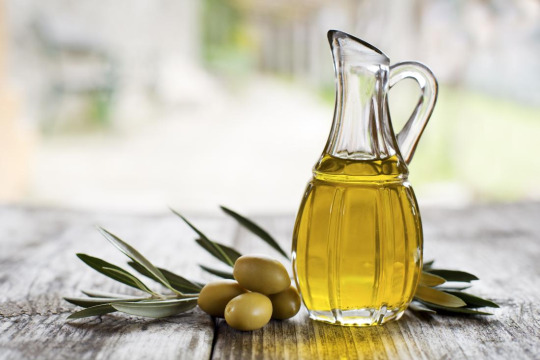
The nutrition and culinary expert agrees that olive oil is one of the most versatile and healthy oils for cooking and eating, as long as it is virgin. The "extra virgin" label means that the olive oil is unrefined and therefore of high quality. Extra virgin olive oil contains large amounts of monounsaturated fats and some polyunsaturated fats. Many studies show that it leads to better heart health.Olive oil has a relatively low smoke point compared to other oils, making it ideal for low to medium heat cooking.
2. Coconut Oil
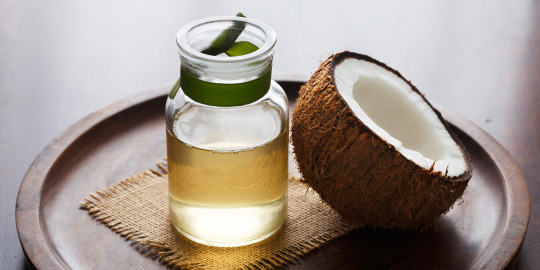
Depending on what you ask, coconut oil should be avoided or consumed in moderation. The main point of controversy is its high saturated fat content. Unlike other vegetable oils, coconut oil is primarily saturated fat. While not everyone agrees that such concentrated sources of saturated fat are bad for your health, some experts, including the American Heart Association, recommend replacing foods high in saturated fat with healthier options. It claims that it can lower cholesterol levels and improve blood lipid levels. Still, science is beginning to suggest that not all saturated fats are bad for you. Not to make you sick, but don't overdo it.
But that doesn't mean it should be banned from the pantry.
Saturated fats are healthier oils to use when cooking or frying at very high temperatures because they are more stable at high temperatures (which should be done absolutely in moderation). This means they are less likely to collapse and smoke.
3. Vegetable Oil

The term "vegetable oil" refers to an oil derived from a vegetable source, the health of which depends on its source and intended use. Most vegetable oils on the market are blends of canola, corn, soybean, safflower, palm and sunflower oils. In general, we should use olive oil whenever possible instead of corn or soybean oil.
Still, because vegetable oils are refined and processed, they lack nutrients as well as taste. "Vegetable oil is guaranteed to be highly processed. Because it's called a 'vegetable,' manufacturers can use any commodity, including soybeans, corn, cottonseed, and canola, without having to print a new label."
4. Canola Oil
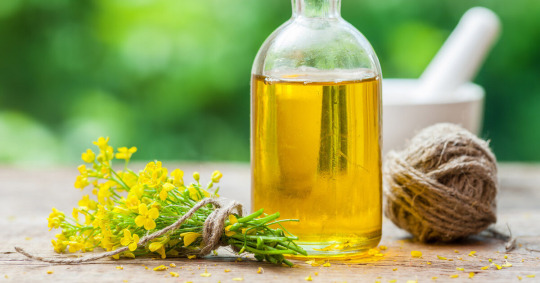
Canola oil, derived from the flowering plant canola, contains high amounts of monounsaturated fat and a moderate amount of fat. Contains polyunsaturated fat. Of all the vegetable oils, canola oil tends to have the lowest amount of saturated fat.
5. Avocado Oil
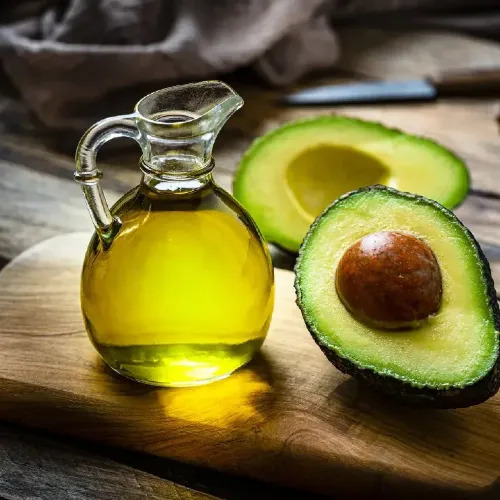
Avocado Oil is a good choice. Although it is not refined like extra virgin olive oil, it has a high smoke point, so it can be used for cooking at high temperatures and is ideal for stir-frying. It has almost no odor, so it is suitable for cooking. "It's creamy like an avocado," says Howard. Avocado oil contains both monounsaturated and polyunsaturated fats (it has one of the highest levels of monounsaturated fat of any edible oil) and also contains vitamin E.
6. Sunflower Oil
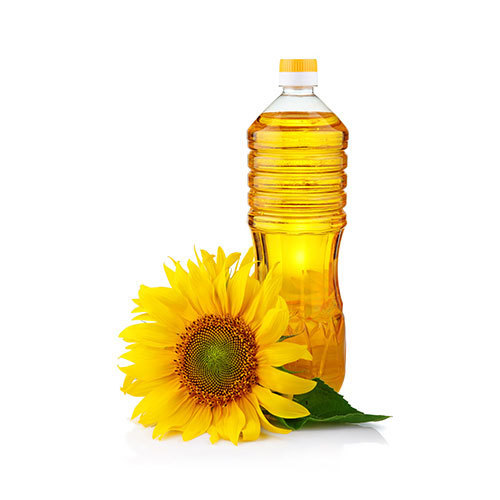
This oil is rich in vitamin E. One tablespoon contains 28% of the Recommended Daily Allowance of nutrients. It has a high smoke point and is less addictive, so it does not interfere with cooking. However, sunflower oil contains many omega-6 fatty acids. The body needs them, but omega-6 fatty acids are thought to be pro-inflammatory, whereas omega-3 fatty acids are anti-inflammatory. It is important to consume in moderation as it can cause excessive inflammation in the body.
7. Peanut Oil

Peanut oil can be fun to experiment with in the kitchen, especially since there are so many different types. Peanut oil contains the highest levels of monounsaturated fatty acids of any edible oil. It is usually savory with a nutty taste and aroma and is well cooked over high heat.
8. Walnut Oil
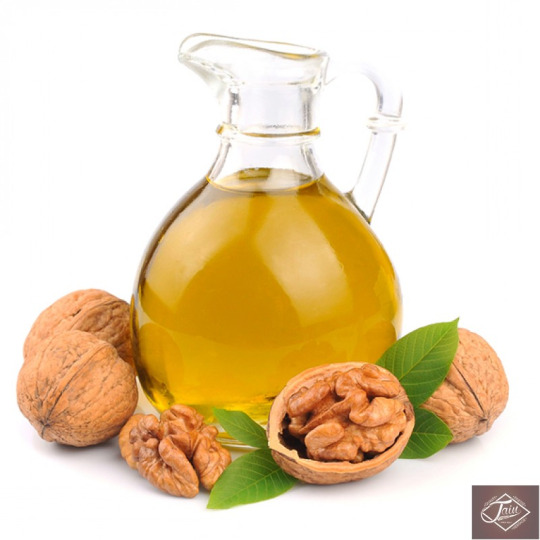
This oil has a low smoke point, making it unsuitable for cooking, but it can be used in many other ways. Howard drizzles pancakes, freshly cut fruit, and ice cream with oil. She also adds it to frothed milk to drink her coffee.Walnut oil has a high ratio of omega-6 to omega-3 fatty acids, which helps reduce inflammation. Images
Flaxseed oil is high in omega-3 fatty acids and has a very low smoke point, so don't even use it in cooking.
9. Sesame Oil
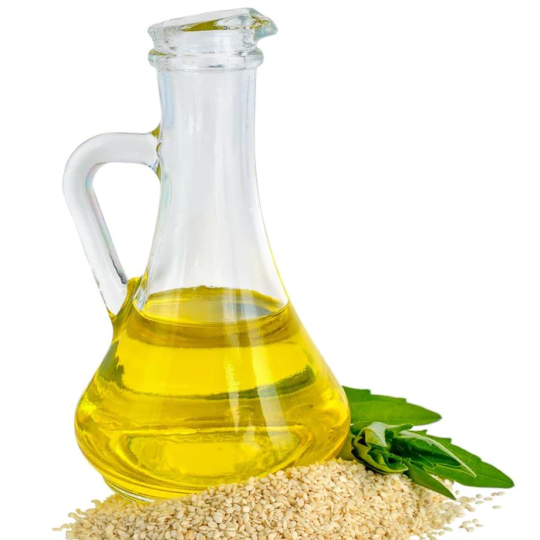
This oil is often used because of its strong flavor. Small things make a big impact. It contains both monounsaturated and polyunsaturated fats, but is not particularly rich in other nutrients.It has a high smoke point and can be used in high heat recipes.


.png)
Comments
Post a Comment